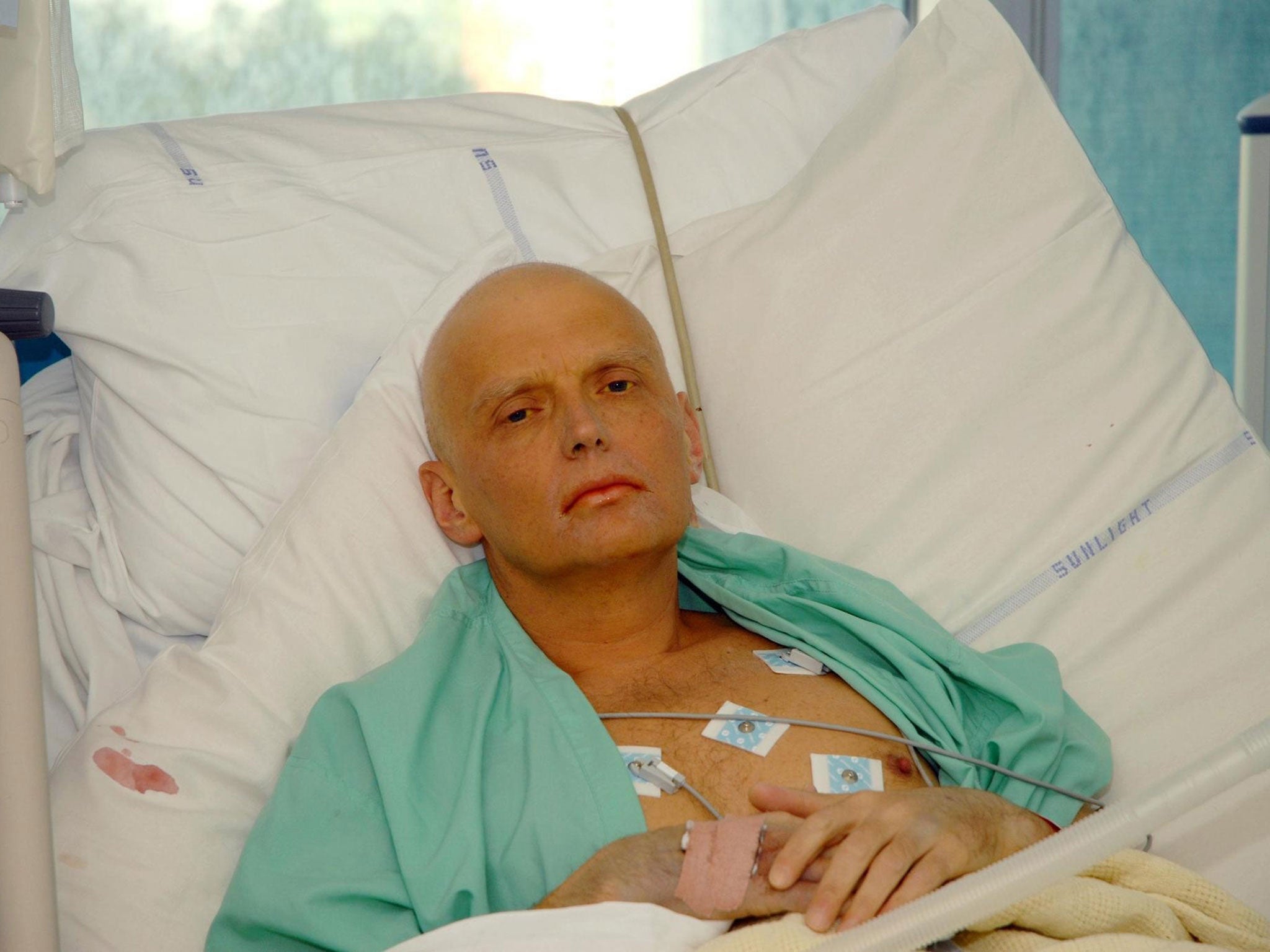
The coroner presiding over the inquest into the poisoning of Alexander Litvinenko has called on the government to replace it with a public inquiry.
Sir Robert Owen wrote to Justice Secretary Chris Grayling making the request for a public inquiry having said last month that key evidence cannot be heard by an inquest.
In a ruling in May he concluded there is no provision under the rules governing coroners' courts for sensitive information to be heard without it being publicly disclosed.
It means secret documents that might show if the Russian state had a role in the death of Mr Litvinenko, who was poisoned with radioactive polonium-210 in 2006, would be inadmissible. A public inquiry, however, would be able to examine secret evidence behind closed doors.
Sir Robert said before writing to the minister that to exclude the Russian line of inquiry would mean he could no longer guarantee a “fair and fearless” inquest.
His request for a public inquiry, which the government promised today [Weds] that it would consider, echoes the call already made by Mr Litvinenko's widow, Marina.
The dead man's family believe he was working for MI6 at the time of his death and was killed on the orders of the Kremlin. Former KGB agents are suspected of a role in his death, though they strongly deny it.
